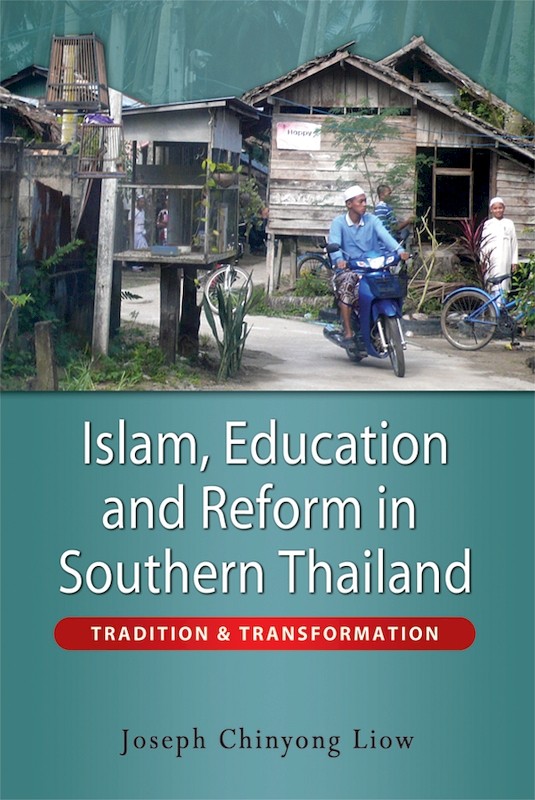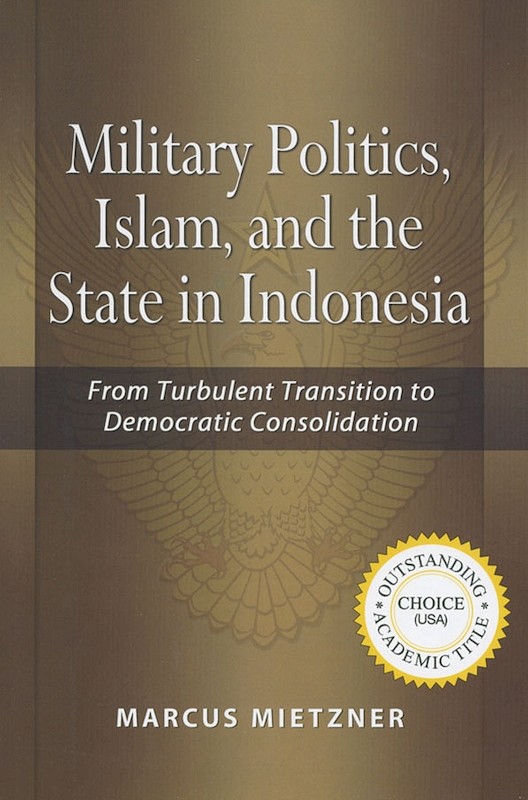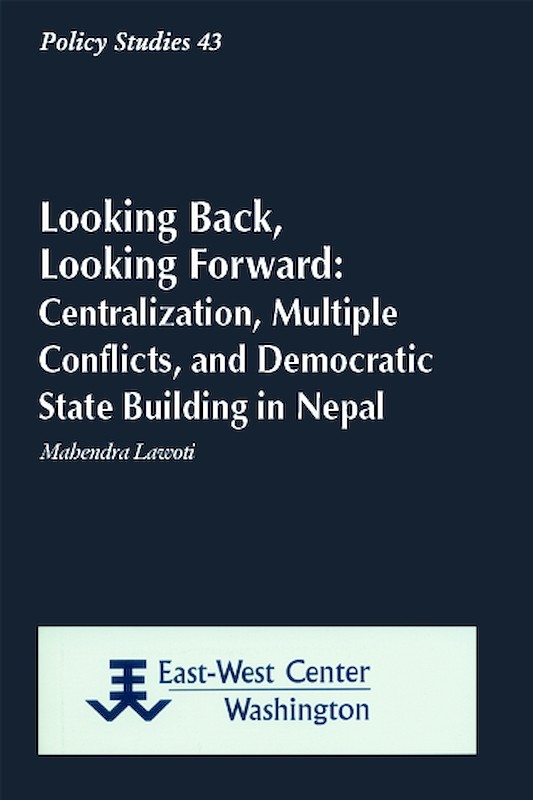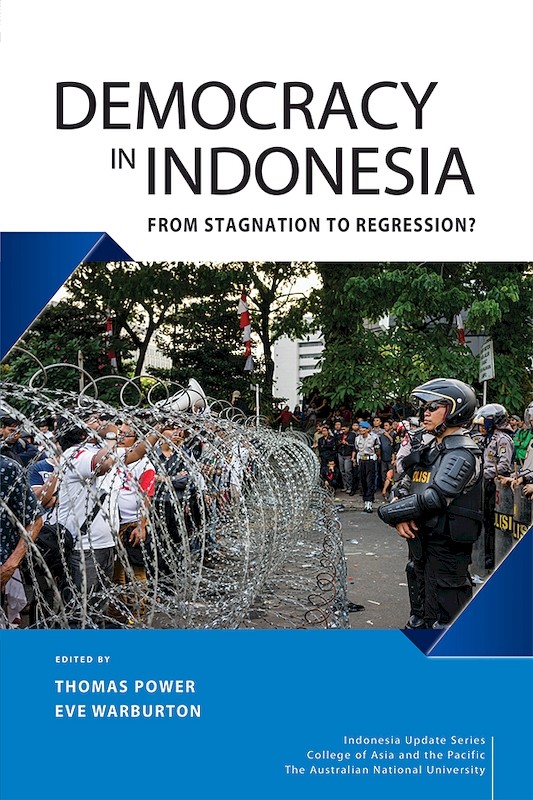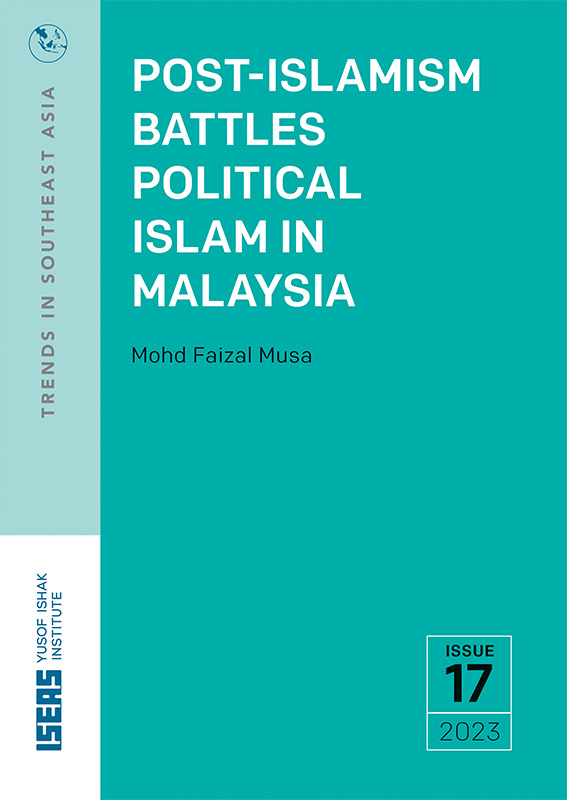Islam and the Secular State in Indonesia

Luthfi Assyaukanie, author
Date of publication:
2009
Publisher:
Institute of Southeast Asian Studies
Number of pages:
262
Code:
BM361
Reviews
"This book examines the ways in which Indonesian Islamic thought has reacted to major political changes in the country, particularly since independence. This is an important issue, since, in a whole range of areas, Islamic thinking on political issues has changed fundamentally in a relatively short period of time. For example, in the 1930s, many Moslems rejected nationalism as an idea, yet accepted it in the 1940s. Similarly, in the 1950s, many Moslems supported the creation of an Islamic state in Indonesia, only to reject this in the 1970s. Secularism had little support in the 1970s, yet seems to be more prevalent amongst Moslems in the 1990s. Do such changes reveal a tendency to accommodate notions such as nationalism, democracy, and pluralism? More generally, does this evince a growing historical trend towards greater secularisation amongst Indonesian Moslems? Luthfi Assyaukanie believes this to be the case, and provides evidence to these conclusions, but, perhaps more importantly, analyses how the secularising changes have occurred. Islam and the Secular State in Indonesia is, to my knowledge, the first systematic attempt to develop a theoretical model of the political thought of a significant and influential section of Indonesian Moslems. In doing so, it outlines the way in which Indonesian Islam has approached, discussed, modified and incorporated political ideas emerging from periods of social, economic and political change in Indonesia since independence" (Asian Affairs).
About the publication
"This is an excellent book which will have a major impact on the current debate about the relationship between Islam and politics in Indonesia. Its greatest strength is its innovative characterization of three Indonesian Muslim models of polity, as opposed to the normal two, Islamic state and secular state. Assyaukanie brilliantly delineates a third model, which he calls the Religious Democratic State, in the process greatly clarifying our understanding of the previous models, which he now proposes to label the Islamic Democratic State and the Liberal Democratic State. Another strength of the book is methodological. Each of its arguments is solidly grounded in the thoughts and actions of particular players, Indonesian Muslim thinkers and activists." - Professor R. William Liddle, Ohio State University, United States of America
Contents
-
Islam and the Secular State in Indonesia
[Whole Publication, ISBN: 9789812308900] -
Preliminary pages
-
1. Islamic Ideology and Utopias
-
2. Muslim Responses to Political Change
-
3. Model 1: Islamic Democratic State
-
4. Model 2: Religious Democratic State
-
5. Model 3: Liberal Democratic State
-
6. Continuity and Discontinuity of the Models
-
7. Conclusion
-
Bibliography
-
Index
-
About the Author

